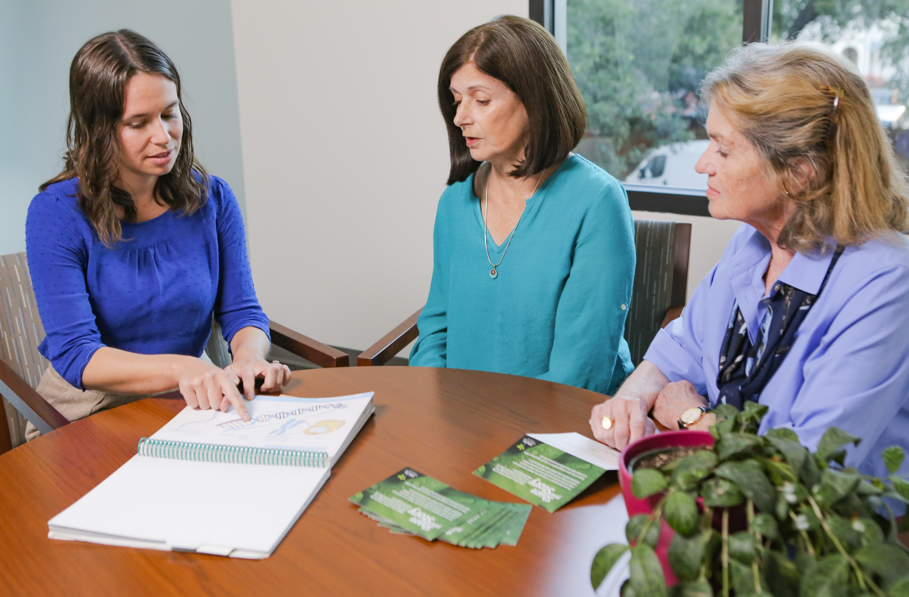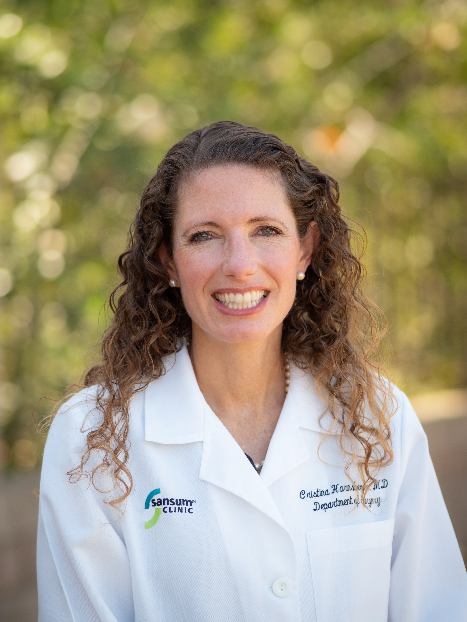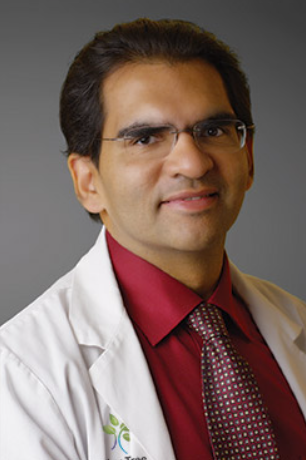
The Latest News on Colon Health
While overall rates of colorectal cancer have been declining since the mid-1980s, diagnosed cases in adults under age 50 are rising, and are often in advanced stages. The reason for this increase is not entirely clear, but it is a growing area of research. The American Cancer Society expects that 10% of all colorectal cancer cases diagnosed in 2024 will be in patients younger than 50. Colorectal cancer is one of the most preventable cancer types, which makes these statistics an area of focus for physicians and researchers.
Colorectal Cancer Risk Factors
Your risk for colorectal cancer increases as you age. Below are additional factors which increase the risk of colorectal cancer in adults:
Family history of colorectal cancer
A personal history of colorectal polyps or colorectal cancer
Genetic conditions like Lynch syndrome
Inflammatory bowel diseases like Crohn’s disease and ulcerative colitis
Type 2 diabetes
Excess body weight
Smoking
Eating red and processed meat, starchy foods, refined carbohydrates
Drinking beverages with high amounts of sugar
Moderate to heavy alcohol use
Rates of colorectal cancer are higher in American Indian, Alaska Native and African-American people.
Hereditary Forms of Colorectal Cancer
 About 10% of colon cancers are hereditary. Lynch syndrome is the most common hereditary form of colorectal cancer. People with Lynch syndrome have between a 20-60% lifetime risk of developing colorectal cancer, compared to 4% in the general population. Having colorectal or endometrial cancer before age 50, or having multiple family members with colorectal, endometrial or other cancers, can increase an individual’s risk of having a hereditary colorectal cancer condition. Ridley-Tree’s genetic counselors help patients and their families better understand and manage their risks through genetic risk assessment, and the option of genetic testing.
About 10% of colon cancers are hereditary. Lynch syndrome is the most common hereditary form of colorectal cancer. People with Lynch syndrome have between a 20-60% lifetime risk of developing colorectal cancer, compared to 4% in the general population. Having colorectal or endometrial cancer before age 50, or having multiple family members with colorectal, endometrial or other cancers, can increase an individual’s risk of having a hereditary colorectal cancer condition. Ridley-Tree’s genetic counselors help patients and their families better understand and manage their risks through genetic risk assessment, and the option of genetic testing.
Prevention is Key
45 is the recommended age to begin colorectal cancer screening, preferably a colonoscopy. If you have symptoms, a family member with colorectal cancer or polyps, or specific inherited conditions, speak with your healthcare provider to determine if you should begin screening earlier than age 45.
“A colonoscopy is the gold standard screening test,” commented Cristina Harnsberger, MD, Sansum Clinic fellowship-trained colorectal surgeon. “The main difference between a colonoscopy and the other tests is the ability to remove asymptomatic polyps before they have a chance to turn into cancer. If colorectal cancer is found in its early stages, it is easier to treat.”

Dr. Cristina Harnsberger,
Sansum Clinic Colorectal Surgeon
Signs and Symptoms
If you have symptoms like rectal bleeding, change in frequency and consistency of bowel movements, abdominal pain or anemia, consult your doctor to schedule a screening.
Treating Colorectal Cancer
Treatment for colorectal cancer may include surgery, chemotherapy, immunotherapy or targeted therapy. Treatment options and recommendations depend on several factors, including the type and stage of cancer, possible side effects, and the patient’s preferences and overall health.
Rectal and anal cancer treatment most often involves a combination of radiation, chemotherapy and possibly surgery. Ridley-Tree Cancer Center is using a new protocol for some rectal cancer patients which avoids surgery and just uses chemotherapy and radiation alone to shrink the tumor or remove it completely. In this “watch and wait” approach, patients are closely monitored and undergo tests every 3-4 months to make sure the tumor does not return. Although some patients are able to enroll in this protocol, the majority of patients still require surgery to reach a cure. This same protocol is also being used to manage some patients’ anal cancer.

Ridley-Tree Cancer Center
Clinical Trials for Colorectal Cancer
Many advancements are being made in the field of colorectal cancer research. “In most cases, each patient’s colorectal cancer is molecularly different, and therefore responds differently to treatment. Researchers are constantly working to advance our understanding of how to prevent, detect and treat colorectal cancer. This is why I am passionate about my work as chief investigator in some of our clinical trials, and it’s why we encourage patient participation, when it’s a good fit,” said Mukul Gupta, MD, Ridley-Tree Cancer Center Medical Oncologist & Hematologist.
Patients at Ridley-Tree have access to colorectal cancer clinical trials through the Clinical Research Department and its associations with clinical research networks. Patients with interest in participating in a clinical trial should speak with their oncologist. All patients seeking to join any clinical trial must meet certain criteria in order to qualify.

Dr. Mukul Gupta, Ridley-Tree Cancer Center
Medical Oncologist & Hematologist